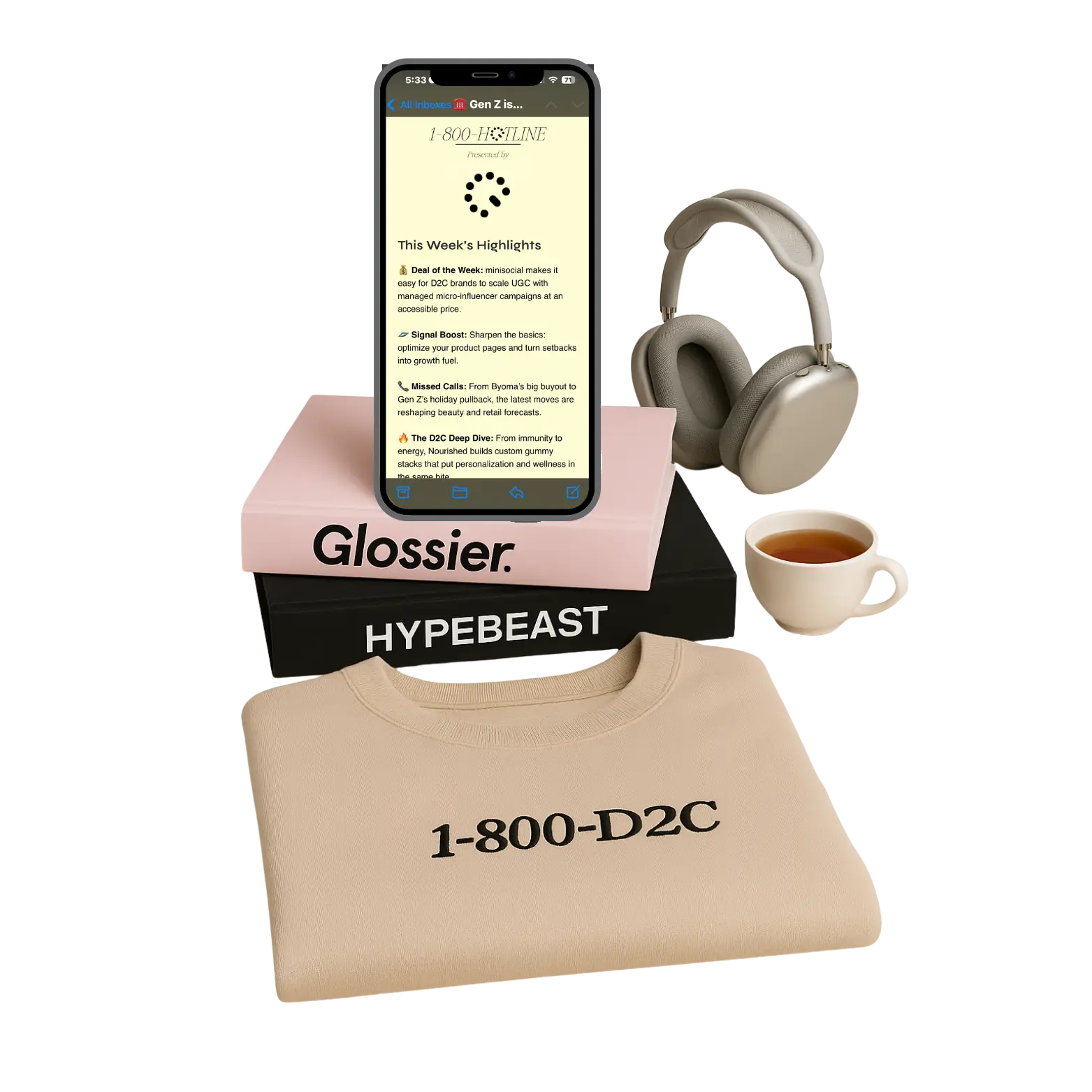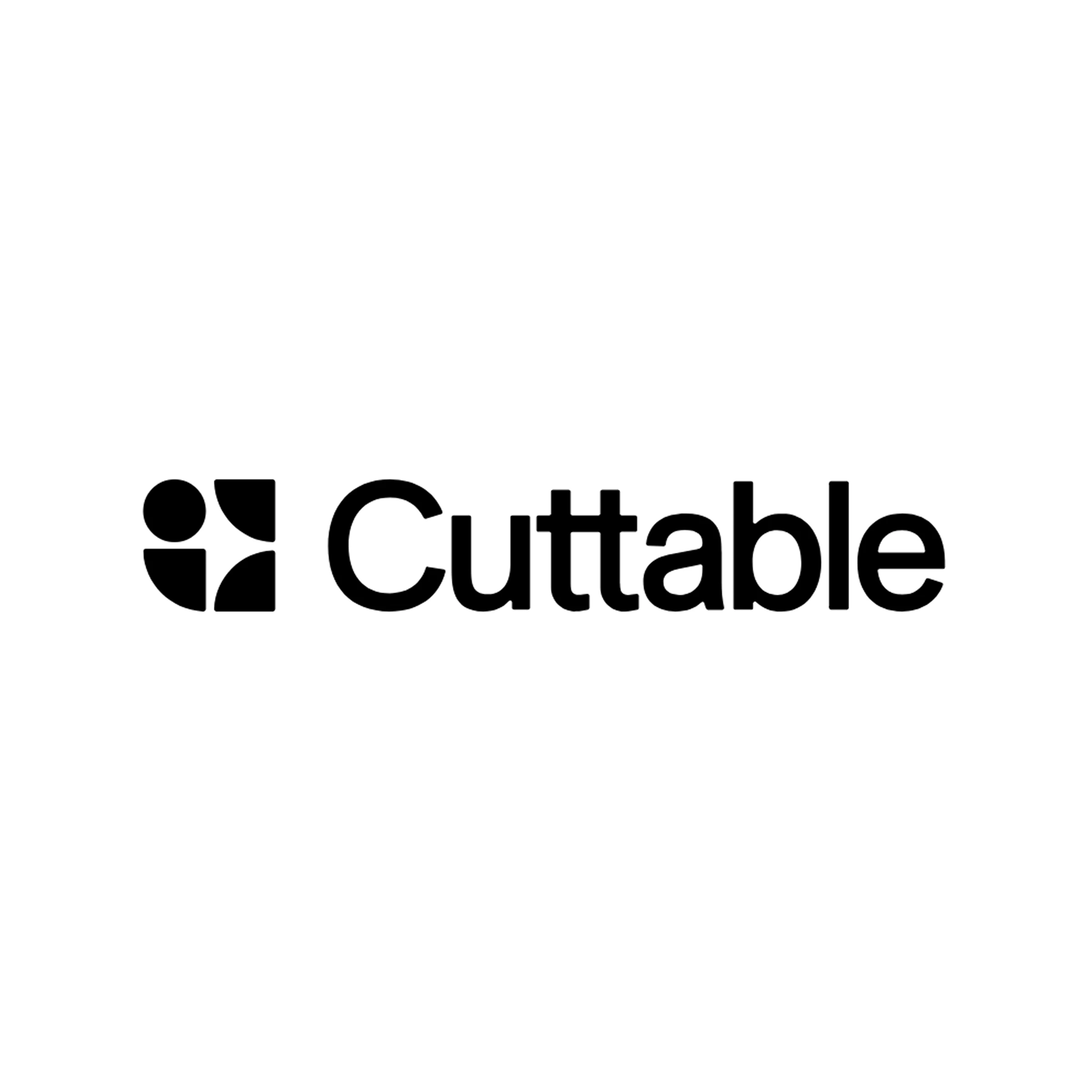Choosing the right e-commerce platform is one of the most important decisions for your online business. Whether you’re launching a new D2C brand or expanding your retail presence online, comparing Shopify and Square helps you find the best fit for your needs.
Shopify is an e-commerce-first platform known for its ease of use, deep customization via apps, and scalability for brands of all sizes. It's ideal for online-first businesses that want to scale quickly and efficiently.
Square, originally a payment processor for in-person retail, has grown into a full e-commerce solution through Square Online. It’s great for brick-and-mortar businesses looking to bring their store online without managing separate systems for online and offline sales.
Not sure whether Shopify or Square is right for you? We break down the features, pricing, and ideal use cases to help you decide.
- Shopify provides an easy-to-use website builder with drag-and-drop functionality, allowing merchants to create professional-looking online stores without technical expertise.- The platform offers a wide range of customizable themes and over 8,000 apps to enhance the functionality and appearance of ecommerce stores.- Shopify's inventory management system enables merchants to track stock levels, manage product variants, and fulfill orders efficiently.- The platform integrates with multiple payment gateways, including its own Shopify Payments, to provide customers with a seamless checkout experience.- Shopify's built-in marketing and SEO tools help merchants drive traffic, optimize their online presence, and boost sales.- The platform's Shopify POS system allows merchants to sell in-person and stay connected to their online store, providing a unified omnichannel experience.
Shopify’s Basic plan starts at $29/month, offering up to 77% shipping discounts and 24/7 chat support, while the Shopify Plus plan at $2,300/month adds global selling for up to 3 markets.
Learn more about the tech stack integrations that Shopify offers below. Key integrations include Klaviyo, Rebuy, Okendo, Triple Whale, and Northbeam.
.png)







How to choose between Shopify vs. Square
Your decision depends on your business model and goals. If you're online-first and focused on scaling with a custom tech stack, Shopify is the better choice. If you're a local retailer or service business moving online, Square offers unmatched simplicity and unified operations.
Choose Shopify if:
- You want to build a scalable D2C brand
- You need deep app integrations and custom features
- You’re focused on online growth and marketing
Choose Square if:
- You run a physical store and want to sync in-person and online sales
- You need a low-cost or free way to start selling online
- You prioritize ease of use and built-in POS functionality
What is Shopify?
Shopify is an all-in-one e-commerce platform that powers millions of online stores. It’s designed for fast-growing D2C brands that want flexibility, scalability, and access to one of the most expansive app ecosystems in e-commerce.
Shopify pros and cons
Pros:
- Easy to use, even for beginners
- Massive app store for enhancing functionality
- Powerful customization and marketing tools
- Excellent support and documentation
Cons:
- Monthly fees can grow with advanced features
- Limited control over hosting environment
- Transaction fees if not using Shopify Payments
How much does Shopify cost?
Shopify plans start at $29 per month, with more advanced plans at $79 and $299 per month. A $1 per month promotion for the first three months is currently available after a free three-day trial.

Also, Shopify offers a $5 per month Starter plan for social selling and enterprise-level solutions with Shopify Plus.

What tech stack integrations does Shopify offer?
Shopify integrates with top tools like Klaviyo, Recharge, Gorgias, and Loop Returns. You’ll also find pre-built integrations for logistics, analytics, reviews, and customer retention. This is all easily accessible via the Shopify App Store.
Which direct-to-consumer brands use Shopify?
Top D2C brands like Allbirds, Caraway, and Mejuri use Shopify to power their growth. From beauty and apparel to health and wellness, Shopify is trusted by brands with high-volume traffic, a loyal customer base, and a need for performance and reliability.
What is Square?
Square started as a payment processing platform and has since evolved into a commerce ecosystem. Square Online allows retail businesses to create an online storefront that syncs directly with in-store inventory and payments.
Square pros and cons
Pros:
- Free plan available with essential features
- Excellent for physical stores adding e-commerce
- Unified POS and online sales system
- No coding required to launch
Cons:
- Limited design and theme flexibility
- Fewer integrations than Shopify
- Less suited for complex online-only operations
How much does Square cost?
Square Online has a free tier where you’ll only be responsible for paying transaction fees. The Plus paid plan starts at $29 per month and unlocks custom domains, advanced features, and lower transaction fees. This starting price is the same as what you’ll find at Shopify, so you’ll have to determine which platform has the features you’re looking to prioritize to get started.

What tech stack integrations does Square offer?
Square integrates with tools like Mailchimp, QuickBooks, and various shipping and CRM platforms. While the Square App Marketplace is growing, it’s still limited compared to Shopify. However, for brick-and-mortar owners, its built-in tools often cover the essentials.
Which direct-to-consumer brands use Square?
Square is commonly used by small-to-mid-sized retailers, cafes, and service businesses that want a unified online and offline presence. Think local clothing shops, boutique food brands, and pop-up vendors who want to bring their business online quickly.
Get The eCommerce Pulse
Discover new D2C brands, new eCommerce tools and read in-depth founder reviews each week.







































































